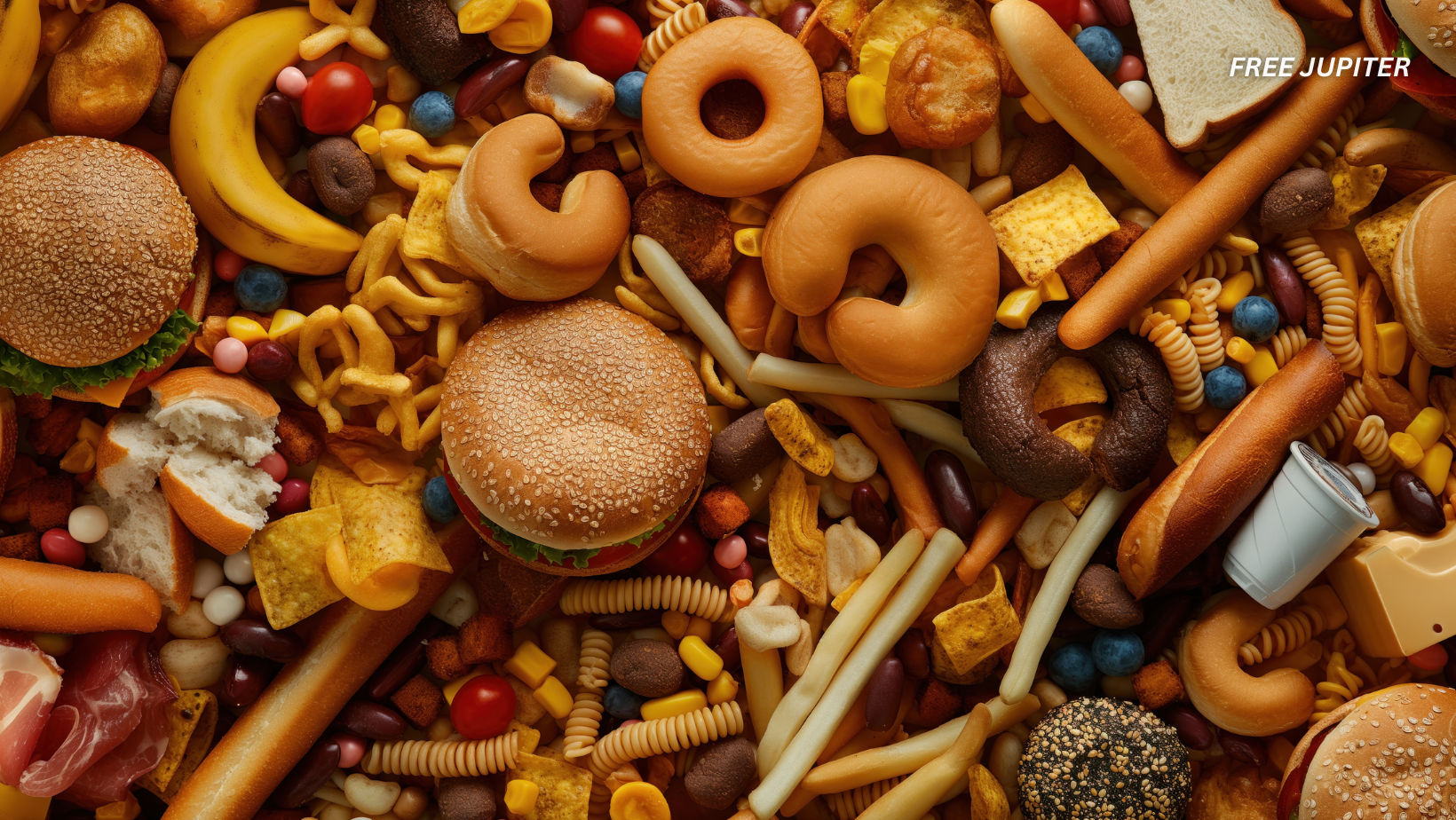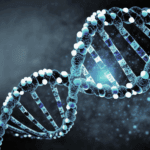Mounting evidence continues to connect highly processed foods-staples in many modern diets-to serious health risks. A groundbreaking study from the University of South Florida and Tampa General Hospital’s Cancer Institute has uncovered a direct biological link between these foods and colorectal cancer, the second deadliest cancer in the U.S. By analyzing tumor tissue, researchers identified a stark imbalance in molecules that either fuel or combat inflammation, offering new insights into how dietary choices influence disease progression.
The Hidden Role of Inflammation in Cancer Growth
Inflammation, often described as the body’s response to injury or infection, becomes problematic when it persists over time. Chronic inflammation creates an environment where cells mutate and multiply uncontrollably, paving the way for cancer development. Conditions like inflammatory bowel disease already highlight this risk, but the new study suggests that everyday dietary habits-particularly reliance on ultra-processed foods-may quietly exacerbate this process.
“Cancer behaves like a wound that never heals,” explains Dr. Timothy Yeatman, a lead researcher and surgical oncologist. “When your diet is dominated by processed items, inflammation stifles the immune system’s ability to repair tissue, allowing tumors to thrive”.
How Processed Foods Disrupt the Body’s Defenses
Ultra-processed foods (UPFs) are engineered for longevity and palatability, often packed with refined sugars, unhealthy fats, and synthetic additives. These ingredients skew the body’s lipid balance, flooding tissues with pro-inflammatory compounds while depleting those that resolve inflammation. For example:
- Saturated and trans fats from fried snacks and baked goods promote cellular stress.
- Excess sodium in deli meats and canned soups disrupts gut microbiota.
- Added sugars in cereals and sodas spike insulin levels, fueling tumor growth.
Conversely, diets rich in whole foods provide bioactive lipids-molecules derived from healthy fats like those in fish and nuts-that actively combat inflammation.
Read more: The Kind of Protein You Need To Help You Live Longer: Study
The Omega-3 Advantage: Nature’s Anti-Inflammatory Shield
Omega-3 fatty acids, found abundantly in fatty fish, flaxseeds, and walnuts, are critical for neutralizing inflammation. These polyunsaturated fats:
- Reduce oxidative stress by scavenging free radicals.
- Suppress tumor-promoting genes linked to colorectal and breast cancers.
- Enhance immune function, helping the body recognize and destroy abnormal cells.
“Bioactive lipids from unprocessed foods act like peacekeepers in the body,” notes Dr. Ganesh Halade, a cardiovascular researcher involved in the study. “They restore balance to the immune system, which is crucial for preventing disease”.
10 Common Ultra-Processed Foods to Limit
While no food is entirely off-limits, moderating intake of these items can significantly lower cancer risk:
- Deli Meats: High in nitrates and preservatives tied to colorectal cancer.
- Sweetened Breakfast Cereals: Loaded with refined sugars and artificial dyes.
- Mass-Produced Breads: Often contain emulsifiers that disrupt gut health.
- Frozen Ready Meals: Excessive sodium and trans fats promote inflammation.
- Sausages and Hot Dogs: Classified as Group 1 carcinogens by the WHO.
- Soda and Energy Drinks: Sugar spikes insulin, linked to tumor growth.
- Packaged Snack Chips: Acrylamide formation during frying may damage DNA.
- Instant Noodles and Soups: Lack fiber and nutrients while being high in MSG.
- Store-Bought Cookies and Pastries: Trans fats and sugar create a pro-inflammatory milieu.
- Artificially Flavored Yogurts: Often contain more sugar than fruit.
Building a Cancer-Resistant Diet: What to Eat Instead
Shifting toward minimally processed, nutrient-dense foods can recalibrate the body’s inflammatory response:
- Fatty Fish: Salmon, mackerel, and sardines provide EPA and DHA, omega-3s shown to inhibit tumor angiogenesis.
- Leafy Greens: Spinach and kale are rich in antioxidants like lutein, which protect against cellular damage.
- Whole Grains: Oats, quinoa, and brown rice offer fiber that nourishes beneficial gut bacteria.
- Legumes: Lentils and chickpeas contain phytochemicals that block cancer cell signaling.
- Berries and Citrus Fruits: High in vitamin C and flavonoids, which reduce oxidative stress.
Read more: Having A Cat Is Linked To A Lower Risk Of Having Heart Attacks
A Paradigm Shift in Cancer Prevention
The study’s findings underscore the potential of “resolution medicine”-a approach that harnesses dietary changes to resolve inflammation rather than relying solely on pharmaceuticals. For instance, replacing processed snacks with omega-3-rich alternatives could starve tumors of the inflammatory signals they need to grow.
“This isn’t just about avoiding harmful foods; it’s about actively nourishing the body’s healing mechanisms,” says Dr. Yeatman. “Imagine using avocados instead of margarine or choosing grilled salmon over a hot dog-these small swaps can have profound effects”.
The Bigger Picture: Why Dietary Guidelines Matter
Public health initiatives are increasingly emphasizing plant-based diets. The American Cancer Society now advises limiting red and processed meats while prioritizing fruits, vegetables, and whole grains. Similarly, the World Cancer Research Fund links UPFs to elevated risks of ovarian, breast, and colorectal cancers, urging policymakers to update nutritional recommendations.
Read more: 8 Everyday Drinks That Are Surprisingly High in Magnesium
Final Takeaways for Health-Conscious Readers
- Prioritize Whole Foods: Aim for ingredients you can recognize and pronounce.
- Read Labels Critically: Avoid products with hydrogenated oils, high-fructose corn syrup, or lengthy preservative lists.
- Cook at Home: Control added sugars, salts, and fats by preparing meals from scratch.
- Stay Informed: Follow updates from reputable sources like the American Cancer Society or World Cancer Research Fund.
While genetics and environment play roles in cancer risk, diet remains a modifiable factor. By understanding the science behind inflammation and making mindful food choices, individuals can empower their bodies to resist disease-one meal at a time.










